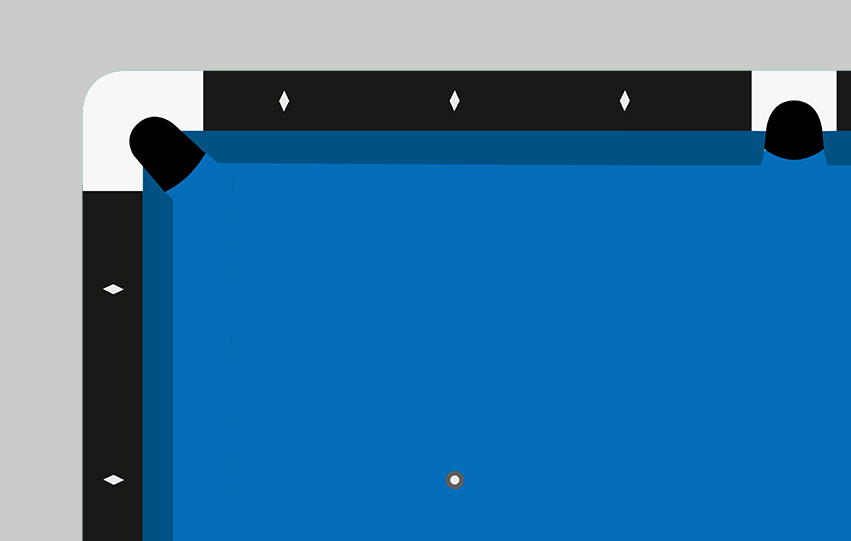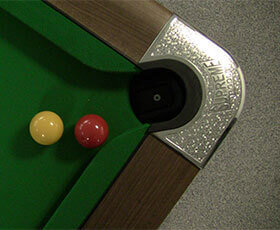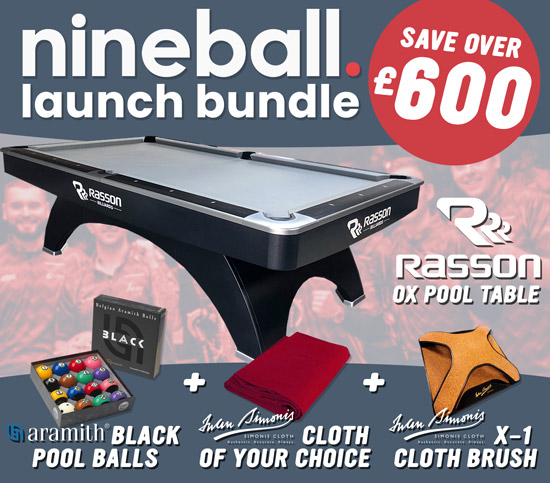
Consider the material when choosing a cue tip. The material can be hard, medium, or soft. It also has an effect on how the cue feels, which may make a firm shot feel better. It also has an effect on the squirt as well as the sideways tip flex. The shaft flex and endmass are reduced when the tip is soft.
Hard
Professional and high-level players prefer a hard cue tip. It requires less maintenance and keeps its shape longer than a soft one. It doesn't absorb the energy of the cue ball as well as a hard tip.
Soft
A soft cue tip can prove to be very helpful when a player needs a more flexible cueball. These tips are usually made of leather and can be found in many different hardness levels. Materials used to make them can range from laminated leather to single-piece materials. Other popular materials include bakelite and phenolic.

Medium
Kamui Cue Tip Range is made from premium pigskin. This ensures maximum humidity and porosity resistance. These tips also retain chalk well, which improves tip-grip and helps prevent miscuing. These tips are durable and can be bought in a pack containing ten.
Phenolic
The phenolic tip on your pool cue can add up to 17% extra power to your break shot. This material is smoother and more responsive to pressure. These properties make phenolic Tips a great choice for players looking to improve their power.
Leather
One of the most sought-after types of tip is the leather cue tip. Leather tips offer more control than synthetic ones which are made from cork or plastic. Although leather tips are preferred, synthetic tips may be more suitable for home use.
Splice
There are several options for how to splice your pool cue tip. Some prefer to hand splice tips. This method is more complicated and can be more costly. You can purchase a cue with a hand splice if you want to play top-quality.

Size
The shaft should be the same size as your tip. This will help you hit the ball evenly and produce less vibration. A smaller tip will also produce less squirt when you hit the ball, which will help you get a better feel for your shots.
Materials
It is important that you consider the angle and spin of your ball when choosing materials to make a cue tip. A slightly rounded tip is better for imparting spin to the cue ball. A rounded tip is usually rounder than a dime's curvature. A rounded edge is often thicker and more durable than a nickel.